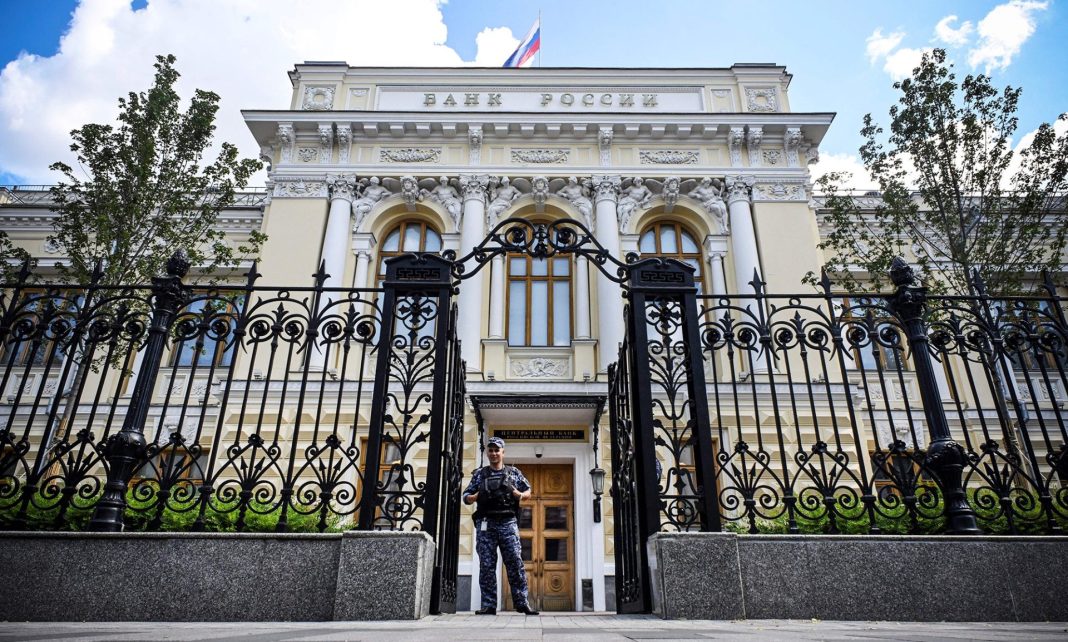Washington and its allies have blocked some $300 billion of Russian central bank assets due to sanctions which were adopted in response to the launch of Moscow’s military operation against Kiev in February 2022. Around $200 billion of that money is held in the EU. The US has been insisting for months that international law allows for the confiscation of the funds, but Germany and France have expressed concerns that such a move could set a dangerous precedent.
The fate of the frozen Russian assets will be discussed during the G7 foreign ministers’ meeting, which is set to kick off in Capri, Italy on Wednesday, an unnamed Treasury official told the agency on Tuesday.
The Western nations will be looking into all available ways of using the money to assist Kiev, the source said, while declining to specify which option was the most likely one.
However, the official clarified that even if the US and its allies eventually decide to seize the Russian funds altogether, Ukraine would not have the capacity to absorb the full amount at once.
The official also warned that no major breakthrough should be expected this week, as the final decision on the issue is to be made by the leaders of the G7 countries.
Other informed sources have told Reuters that one of “the most promising proposals” under consideration was for the US and its allies to seize the interest due on the frozen Russian assets for use as collateral for loans or bonds issued to help Ukraine.
Ukraine’s Finance Minister Sergey Marchenko told Reuters that he is going to meet with his German counterpart Christian Lindner and other G7 officials this week to talk about the Russian assets. Unity is required within the G7 on whatever approach the group chooses, he stressed.
Moscow has repeatedly said that the seizure of its funds would amount to theft and would further undermine global trust in the Western financial system. Russia also warned that if necessary, it might respond in kind to such a move by the US and its allies.
